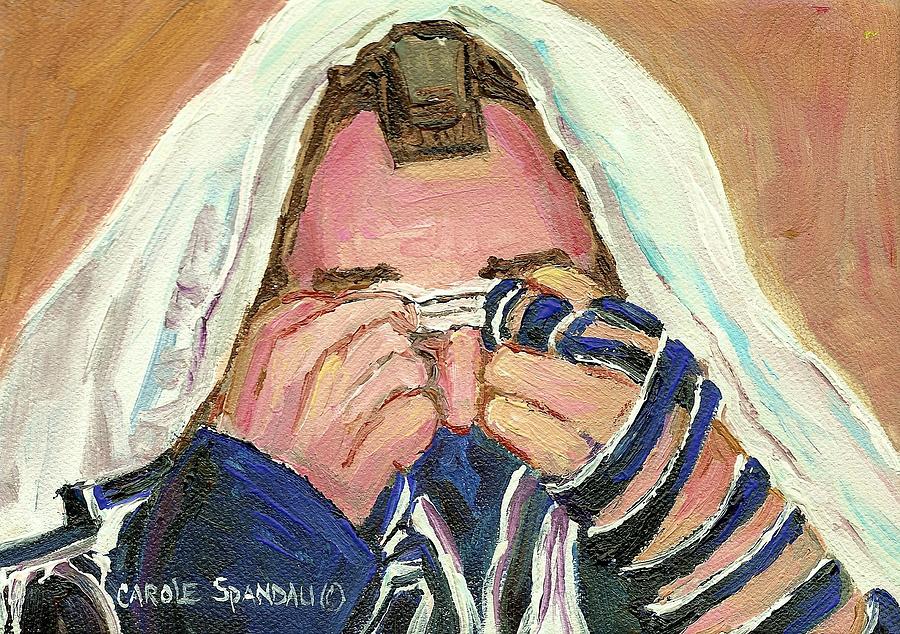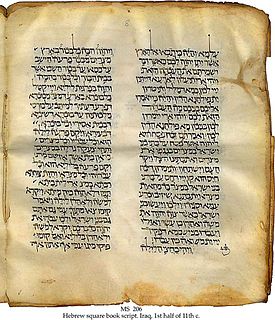In previous publications such as: "Saturday or Sunday - Does The Day of Worship Really Matter?", "Three Fundamental Beliefs of Christianity That Does Not Make Sense" and "Who Nailed The Law To The 'Cross'?"; the practice of Sunday-worship was exposed as an extra-biblical establishment, that is in no way pleasing to Yahweh. The very scripture speaks profoundly to such a practice in Mark 7:7-8, showing that man-made commandments are nothing but vain worship. Again in Deuteronomy 12:32 Yahweh Himself declared and commanded that His people ought to worship Him in the way that He prescribed, and in no other way. Having established that, Sunday-worship evidently has no part in the worshiping of the true and living Elohim (God); but does that make Saturday the right day of worship? Why do some people worship on a Saturday? Which day is the [true] Sabbath day?
The Creation and Sanctification of the Sabbath
The very popular Genesis 2:3 echoes the creation and sanctification of the Sabbath day. It is very important to note that what Yahweh did to the Sabbath, He did to no other day at creation. Unless Yahweh has suddenly gone into the business of doing things just for 'doing' sake, the fact that He separated the Sabbath day in this format shows that the Sabbath has to be of utmost importance. The Hebrew word for "bless" as seen in Genesis 2:3 is "Barak" (S#01288), and it paints the image of one kneeling in reverence, saluting in honor or giving praises. Yahweh "blessing" the Sabbath day therefore was not simply a pronunciation of blessing upon this day; but rather, it was a lauding of honor, holiness and superiority over any, and every other day. Yahweh has singled out the Sabbath day, sanctified it, and placed it above all other days. The approach Yahweh took towards the Sabbath can only be compared to the approach He takes towards His own children whom He singled out, sanctified and placed above all others (1 Peter 2:9). If the Sabbath was of such great significance to Yahweh from the very beginning, what possible reasons could there be for the Sabbath to become insignificant or obsolete now?
The Command of the Sabbath
The fact that the Sabbath was made from the beginning (along with food and other necessities), shows that the Sabbath was a gift from Yahweh to man. The Messiah alluded to the fact in Mark 2:27. After the fall of man, the Sabbath became a command (Ex.20:8). Man has now become disobedient and rebellious. Yahweh wanted man to continue in the Sabbath, hence it became a command. Otherwise man would have done what many are doing today - neglecting the Sabbath. The command of the Sabbath stands out above all the other commands in Exodus 20. Every other command was explained in one or two verses, but the command of the Sabbath was explained in four verses and in great details! (Ex.20:8-11) How much more emphasis could possibly be made on the Sabbath to show just how important this day is? The others began with the phrase "You shall..." or "You shall not...". The command for the Sabbath however, took on a whole new atmosphere in its structure: "Remember the Sabbath day, to keep it holy". Two words readily jump at you in this command; the words "remember" and "keep". The first word "remember", implies that the Sabbath day is NOT a new establishment, it is something that has already been established. And if it was something that has been previously established, then it cannot be limited to the current even, as it would have predated the event. The Hebrew word for "remember" as seen in Exodus 20:8 is "zakar" (S#02142), and it speaks to the action of bringing back to memory or keeping a memorial. Yahweh wanted His people to remember and meditate on what He did to the Sabbath in Genesis 2:3 and keep it that way! Note that the command was not to make the day holy, or to do "holy" things on that day. The command was to keep the day the way Yahweh has made it, which is holy, honorable and sanctified.
Knowing our human limitations, Yahweh explained to us in great details exactly how to keep the day holy. We begin by sanctifying the day. This is done through the abstinence from secular work activities (Ex.20:10). By not working on this day, we distinguish this day from every other day of the week and we set it apart as a special day above any other day. This action replicates what Yahweh did in Genesis 2:3, hence making our action a memorial, as it was commanded to be. Secondly, it provides a peace of mind for those who observe the Sabbath. Because the cares of the world are put aside on this day, a clear access is provided to Yahweh, where one can commune with Him one on one in His presence. This feeling is comparable to none, hence fulfilling the purpose of the Sabbath being a gift. Finally man was commanded to assemble together on the Sabbath day for worship (Lev.23:3). In a futile attempt to justify the non-observance of the Sabbath, many people claim that the "true" Sabbath day is unknown. The Scripture was very clear on which day is the Sabbath day. Genesis 2:3. Exodus 20:10 and Leviticus 23:3 all stated that the Sabbath day is the seventh day of the week. One could ask a six year old which day is the seventh day of the week, and he would have answered correctly by saying SATURDAY is the seventh day. If that is not clear enough, in virtually every known language on earth, the day "Saturday" is translated "Sabbath": In Dutch, the seventh day "Zaterdag" is translated "Sabbath", In Spanish, "Sabado" is also translated to "Sabbath". Even in earlier languages such as Greek "Savvato" is translated "Sabbath", and of course in Arabic and the authentic Hebrew "Shabbat", all point back to the holy day of rest - the Sabbath. Saturday therefore is in fact, and undoubtedly, the Sabbath!
Misconceptions of the Sabbath
The Sabbath has always been misunderstood and made out to be what it is not; firstly by the Jews and now even by the Gentiles. This is the reason many people are of the impression that Yahshua never kept the Sabbath. Indeed Yahshua kept the Sabbath. It was his custom (Luke 4:16). What he did not do, was to follow the misguided rules that the Rabbis attached to the Sabbath day. These rules changed the Sabbath from a peaceful gift of tranquility and holy communion with the Father, into a burden of rules and regulations. By this, Yahshua said they have made the law of no effect (Mark 7:13), as people are now turning away from the Sabbath, and the true meaning of the Sabbath is neglected. It is being said that the Sabbath prohibit: sex, driving, cooking, walking long distances, using a cellular phone among many other trivialities that are really not biblical. These so-called rules rob the Sabbath of its true meaning, and by extension, hinder the person from actually observing the Sabbath. If the true meaning and benefits of the Sabbath is not being received, then despite the many rules, the Sabbath is still NOT being kept!
The Sabbath is a day of freedom and liberty, not one of boundaries and rules. The Sabbath is a vacation, not an imprisonment. To be frank, there are really only two concrete laws for the Sabbath; to abstain from secular work and to assemble for worship (Lev.23:3). One person may choose to spend the Sabbath with his family, another may choose to spend his Sabbath in seclusion. One could choose to use his Sabbath as a time for meditation, whereas another could use his Sabbath for relaxation. As long as the rest is being obtained, and there is a fellowship, it does not matter how it is done. The Sabbath is for man, not man for the Sabbath.
Fulfillment of the Sabbath
The Apostle Paul in Colossians 2:16-17 established the fact that the Sabbath is a shadow of something greater to come. Of course many have twisted this passage of scripture to suit their own beliefs, but what Paul was doing here was simply giving a reassurance of faith to the Colossians, reminding them that their beliefs and practices are not mere beliefs and practices, but are representations of greater things to come. The Sabbath represents the final rest of man which Paul expounded on in Hebrews 4. It represents a time when man will no longer have to live under the curse that causes him to work for a living. It represents a time when man will no longer be bounded by the flesh and the realms of evil. It represents a time when man will be able to live freely without the hindrance of death, pain or even sorrow. It represents a time when man will ultimately rest from his sojourning, take off the baggage of mortality and finally become what he was created to be. The Sabbath represents the final destination of man, and as glorious as it will be in the spiritual realm when we arrive, so must it be today in the physical realm as we practice. In this we can now say one to the other ... "Have a Happy Shabbat"
The Voice of Yahweh has spoken ... He that has an ear, let him hear what the Spirit says to the Churches









